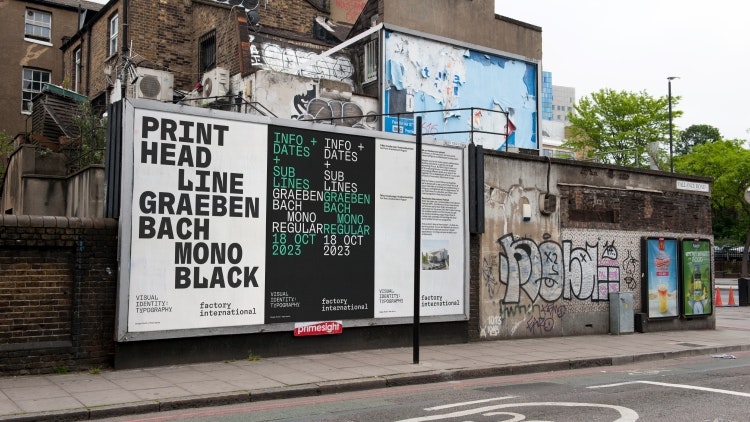
A new report on the creative industries has warned that the UK could suffer a “disastrous skills shortage” following Brexit after research found that 75% of UK creative businesses employ EU workers.
The Global Talent Report has been conducted by the Creative Industries Federation and surveyed 250 creative businesses, alongside using data from other sources.
Brexit could limit movement of talent
It looks at the possible effects of Brexit, which will come into full force in March 2019 and could see reduced immigration and movement of talent between the UK and the European Union (EU), limited trade and the need for EU citizens to apply for a visa to work and live in the UK.
The main findings were that 75% of those surveyed currently employ EU nationals, and 66% say that there are not enough British workers available to fill the places if EU workers were to leave. Nearly 60% also said they are currently facing skills shortages when employing new people.
Government focus on science and tech
The report puts skill shortages down to the Government’s focus on STEM (science, technology, engineering and maths) subjects and the EBacc (English Baccalaureate) qualification, which has led to creative subjects being neglected in schools.
Entries for GCSEs in creative subjects fell by 46,000 last year, compared to a rise in STEM subjects, Government figures show.
“Sector skills gaps stem from a mix of inadequate provision in schools, an underdeveloped technical education system and a lack of awareness about careers that the sector has to offer,” the reports reads. “These gaps are only set to get worse as the number of people studying creative subjects continues to decline.”
25% of architects and 30% of visual effects designers from EU
Figures from the Department for Digital, Culture, Media and Sport (DCMS) also show that EU workers make up 7% of the creative industries in the UK, while certain disciplines have a much higher proportion. A quarter of architects and almost a third of those working in visual effects (VFX) are EU citizens.
The report puts forwards recommendations on how to prevent the skills gap from widening after Brexit, by ensuring EU and international workers are still given the chance to work in the UK.
“Flexibility” needed – especially for freelancers
This includes a “flexible” immigration system that includes visa-free travel between the UK and EU for those working on short-term projects and moving long-term to work.
For non-EU international workers, it also includes changing the “highly restrictive” visa system that currently requires a minimum salary of £30,000 to stay and work in the UK.
The Federation recommends dropping the salary requirements to accommodate for lower-earning creatives, particularly freelancers, in the form of a special Creative Freelancer visa. According to a recent report from the DCMS, over a third of people working in the UK creative industries are self-employed.
For UK-based businesses wishing to recruit, the report recommends allowing them “same-day” hiring rights, to minimise a long recruitment process. It also suggests reducing administration fees they will have to pay for hiring EU or international workers.
Improving skills for British workers
The report additionally sets out ideas for how the Government can decrease the skills shortage among UK workers and increase the number of highly-skilled British creatives, which include providing more information on creative job opportunities in schools, reviewing how creative subjects are taught and encouraging businesses to increase staff training.
John Kampfner, CEO at the Federation, says: “This report shows that the end of freedom of movement poses a huge risk to the creative industries.
“Arts and culture have a huge role to play in forging new relationships with other countries. We need an immigration system that enables our extraordinary sector to continue to grow.”
The creative industries are currently one of the UK’s fastest growing sectors, and are worth £87bn to the UK economy.
Read the Global Talent Report in full here.
Discover more
- UCAS reveals 14,000 fewer university students taking art and design in 2017
- Review into creative industries looks to create one million new jobs by 2030
- GCSE art, design and technology students down by 27,000
- A-level results signal drop in university students taking art and design this year
- Government push for EBacc “sidelines creative education”, says arts chief
- Tate, V&A and British Museum lobby politicians to consider culture in Brexit negotiations

- Design disciplines in this article
- Industries in this article
- Brands in this article










One response to “Creative sector report warns of “disastrous skills shortage” following Brexit”
It is clear to anyone with eyes that Brexit will be a tragedy for our economy and our culture. In spite of what the Brexiteers will tell you the decision to leave is not final. As the wheels on the Brexit bus continue to fall off it is incumbent on all of us to get out there, lobby and change opinions. Brexit can be stopped. Save the creative sector.